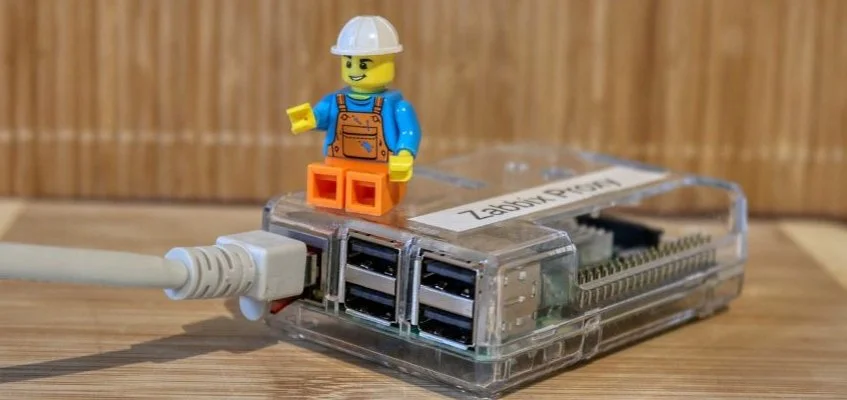Revolutionising education with digital experiences
Digital models developed by the University of Leeds School of Dentistry are helping to train dentistry students around the world.
Borne out of flight simulation technology, the School’s SimToCare simulators allow students to safely develop the fine motor skills and hand-eye coordination required for drilling teeth before they see a real patient. These are ‘haptic’ machines – meaning they simulate tactile feedback through a dental handpiece.
The University has steered the enhancement of haptics for dental education through a University-Industry partnership led by Professor Andrew Keeling in the Department of Restorative Dentistry. “Haptics brings the ability to digitally teach our students how to respond by touch to dental decay,” says Professor Keeling. “The beauty of this simulator means we can front-load our students from year one with the correct clinical technique in a safe environment. This ensures they learn a disease-led approach to dental cavity design.”
Having initially purchased early forms of haptic simulators, Professor Keeling’s team could see the technology’s software fell short of addressing the real challenges faced by students. They set to work improving the simulators by scanning and digitising real teeth and developing software to seed their digital teeth with dental decay.
The Leeds digital models are now used by dental schools globally. Development continues, and the School has led the field in creating custom haptic training based on individual patients’ dental models. This will enable students to scan a patient and rehearse complex procedures such as crowns.
“Learning technologies are most useful when they can solve real problems,” says Professor Keeling. “To advance clinical skills training in a meaningful way, we needed to invest in the right expertise and equipment. This now gives us real opportunities to shift the pedagogy around dental education worldwide.”
A virtual reality journey through the inner workings of a histopathology lab
For undergraduate medical students, gaining first-hand access to experiences from across the spectrum of healthcare specialities is a crucial element of their education. However, exposing large numbers of students to clinically sensitive areas, such as histopathology laboratories, is challenging for educators due to patient confidentiality, infection control and work-day disruption.
The University of Leeds’ award-winning Virtual Histopathology project provides a solution. Through virtual reality headsets, students can navigate a bustling NHS histopathology laboratory, watch patient samples undergoing investigation, read clickable information boxes, and listen to experts shedding light on the diagnostic techniques and processes used.
“Alongside the learning opportunities afforded by an in-person visit, we wanted to provide our students with an interactive, immersive experience that could demystify their perceptions of pathology as a career,” says Dr Suzanne Bickerdike, Digital Education Manager and creator of the project. “Every feature we introduced adds value to the learner experience, while still providing the students with an opportunity to experience as much of the laboratory environment as possible.”
Virtual histopathology teaching has been delivered over three years at the Leeds Medical School. It can be accessed by large cohorts at low cost, with evaluations showing it reduces teaching load and generates positive feedback from students.
“The Virtual Histopathology project gives a parity of experience for all our students and delivers a greater understanding of the processes, the people, and the challenges of working in histopathology,” says Kate Nicolson, Digital Education Manager for Enhancement, who is now using the project as an exemplar to inspire transformation in other areas of education. “We’ve seen what we can achieve when we get the content, technology and delivery right. We’re now looking to apply this innovative learning experience to other difficult-to-access settings and medical specialities.”
Tackling digital inequalities in communities with the greatest need
University of Leeds researchers are also exploring how digital learning technologies can boost digital literacy and bridge the digital skills gap.
The Digital Makers project, led by the Centre for Applied Education Research based at the Wolfson Centre for Applied Health Research, sets out to equip the next generation of Bradford’s school leavers for an increasingly digital future. It is the first project of its kind to utilise place-based analyses of data collected from 13,500 participants enrolled in the internationally renowned Born in Bradford study, applying it to target co-produced digital skills programmes in communities with the greatest need.
“We know that digital skills can improve socioeconomic prospects, and this can have consequences for physical and mental health,” says Dr Faisal Mushtaq, Director of the University’s Centre for Immersive Technologies and a Cognitive Neuroscientist in the School of Psychology. “Using rich data sources from the Born in Bradford study, our approach looks to establish what works, where, and who for in digital skills development, while at the same time tackling digital inequalities in Bradford.”
Dr Mushtaq, who grew up in Bradford, is part of a multidisciplinary team at the University working with the Bradford Institute for Health Research to deliver Digital Makers with Raspberry Pi and other industry partners, schools, policymakers, and cultural organisations. As well as using data to map the factors contributing to digital inequalities, Digital Makers has so far delivered a series of ‘Summer of Tech’ workshops, coding clubs and virtual reality experiences.
“By providing young people with learning experiences in these digital environments, we are preparing them for the sorts of future immersive and spatial technologies they will encounter when they enter the workplace,” says Dr Mushtaq.
The project not only gathers evidence about factors influencing access to digital education, but also informs how digital skills training can be scaled up across the UK. “We’re prioritising sustained engagement with young people across the city, rather than just one-off experiences,” continues Dr Mushtaq. “In the longer term, our goal is to use data from the Born in Bradford cohort to follow the lives of our programme participants over the next decade to understand the long-term impact of this programme, making Digital Makers such a unique and valuable project for Bradford and the wider UK.”


